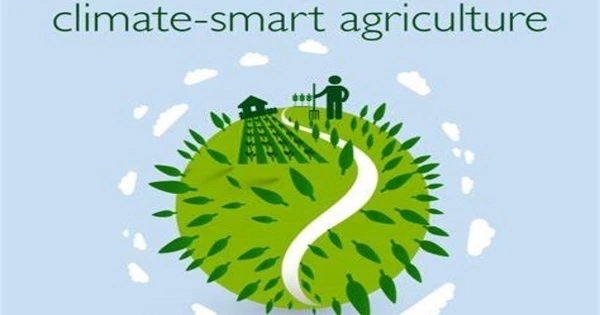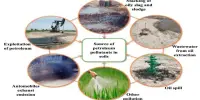According to academics, farmers in Sub-Saharan Africa must diversify away from maize cultivation and instead focus on crops that are resilient to climate change and provide vital micronutrients to the population. Maize is a widely cultivated and consumed staple crop in this region.
The study, led by Dr. Stewart Jennings of the University of Leeds, contends that diversification toward fruits, vegetables, and crops such as cassava, millet, and sorghum will improve nutrition security in the country by ensuring that individuals receive adequate micronutrients for optimal health.
According to the report, the amount of food produced must increase, and unless yields are increased to an unprecedented level, additional land would need to be converted to agricultural production.
Sub-Saharan Africa has over 1.2 billion inhabitants and is projected to increase by 740 million by 2050, according to World Bank data. Farmers will need to increase food production as climate change causes more harsh circumstances and limits crop options.
This study provides holistic evidence that combines information on the environmental impacts of food system changes and the changes needed for population-level nutrition security. The research shows that action can be taken to adapt to climate change and improve nutrition security in sub-Saharan Africa.
Dr. Stewart Jennings
The researchers warn that the population faces “food and nutrition insecurity” unless effective climate change adaptation strategies are devised. Any decision must include the demand that crops be nutritious and provide enough energy for the population.
Professor Jennie Macdiarmid, from the Rowett Institute at the University of Aberdeen and one of the authors of the paper, said: “The study has highlighted the need to place nutrition at the heart of agricultural policy to avoid the long-term unintended consequence of failing to produce food that can deliver the nutritional needs of the population.
“If policy solutions focus only on increasing production of calories and adapting to be climate smart, it is likely there will be negative consequences for health through nutritionally poor diets.”
The paper “Stakeholder-driven transformative adaptation is needed for climate-smart nutrition security in Sub-Saharan Africa” has been published in the scientific journal Nature Food. More than 50 researchers interviewed policymakers and stakeholders in the food and agriculture sectors in four Sub-Saharan African countries: Malawi, South Africa, Tanzania, and Zambia.

‘Agriculture and nutrition policies can sit in siloes’
The researchers used the iFEED assessment framework to investigate policy options to create an agricultural system that is resilient to climate change and would supply enough nutritionally adequate food to meet the food and nutritional needs of the population.
“Too often food, agriculture, and nutrition policies sit in siloes across different government departments,” said Dr Jennings, a Research Fellow in the School of Earth and Environment at the University of Leeds.
“This study provides holistic evidence that combines information on the environmental impacts of food system changes and the changes needed for population-level nutrition security. The research shows that action can be taken to adapt to climate change and improve nutrition security in sub-Saharan Africa.”
Each country’s stakeholders recognized important uncertainty about the food system’s future. iFEED analyzes uncertain futures and identifies crucial policy concerns for agriculture and food decision-makers to consider. Scientists advocate for a “transformative approach” in agriculture to address nutritional requirements.
One alternative is to expand into soybean production. Soybean crops, as opposed to maize, are more resilient to the effects of climate change. Dr. Ndashe Kapulu, a contributing author of the paper from the Zambia Agriculture Research Institute, has worked on studies to determine how soybeans might help commercial and small-scale farmers earn more money.
He stated that “Many countries in Sub-Saharan Africa will be better able to deal with climate change and other stresses if they have more diverse food systems, such as Zambia’s transition to soybean production.” As scientists, we must create sufficient evidence in our research to support and guide measures to make the agrifood system more resilient.
Increasing the production and consumption of animal-based products in Sub-Saharan Africa may increase nutritional quality of meals, but scientists warn that it should not reach the unsustainable production levels found in certain higher-income nations.
More animal-based products would cause a rise in greenhouse gas emissions, although the researchers say that this could be tolerable given sub-Saharan Africa’s need to reduce the risk of nutritionally-inadequate diets — and that its greenhouse gas emissions are relatively low.
















